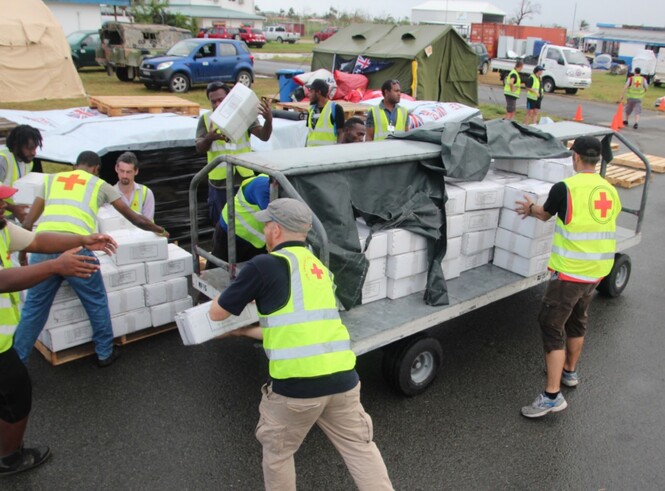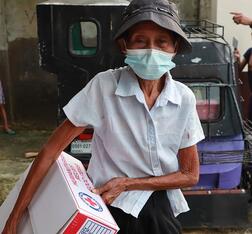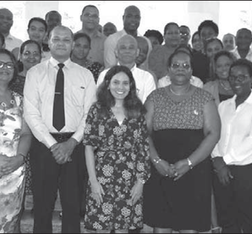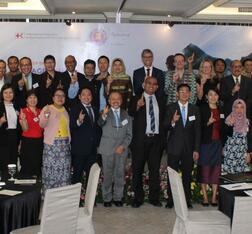
The survey, aimed at humanitarian and disaster risk management practitioners in government, non-governmental agencies, the private sector and academia, was intended to measure current experience about the thorniest regulatory and protection issues in domestic and international disaster relief operations. Detailed responses were received from over 200 participants from around the world. The top findings were:
Coordination problems: Overall, coordination problems in both international and domestic response operations – including coordination between domestic authorities, between international responders and domestic authorities, and between governmental and non-governmental actors – were identified as the most frequent types of regulatory issues and also those with the highest impacts on the efficiency and effectiveness of disaster response operations.
Top problem areas: Respondents also identified problems with the procurement or disbursement of domestic funds, failure, by both domestic and international responders, to adequately consult with beneficiaries, difficulty or delay in obtaining customs clearance and accessing customs procedures, as well as delays or restrictions in the entry or relief personnel, as top problem areas.
Protection concerns: While operational regulatory issues were generally reported more frequently than protection concerns, land tenure and property right issues relevant to the provision of shelter and gender-based violence featured as frequent problems both in respondents’ own countries and abroad. Furthermore, corruption and discrimination against migrants in the context of disaster operations were seen as least well addressed issues in existing law and policy.
Responses by profession: Across the board, participants tended to have experienced more problems abroad than in their home countries. This was particularly so for governmental participants, followed by those from National Red Cross and Red Crescent Societies. Meanwhile, NGO employees, followed by those from international organizations, were the most likely to indicate higher frequency and impact of problems both at home and abroad.
The Report on the survey on disaster relief, regulation and protection provides more detail about the survey results.


